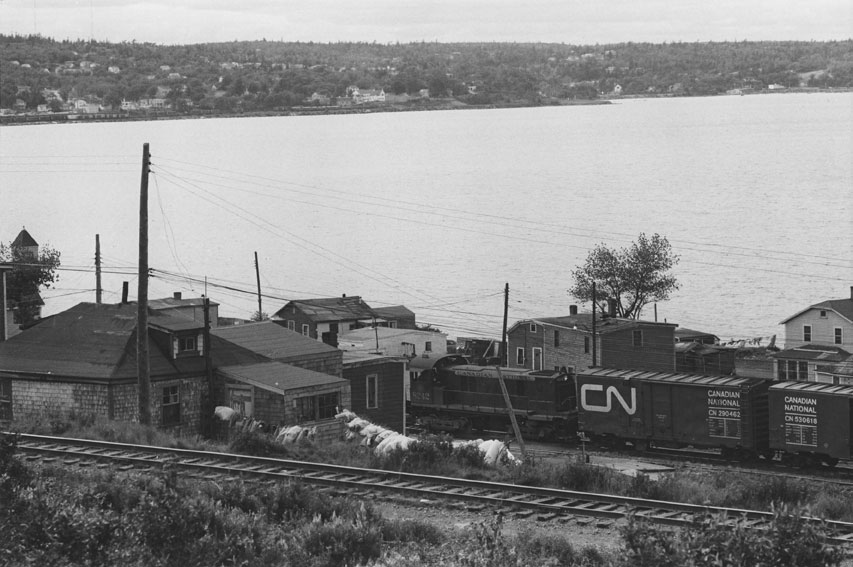The village of Africville, founded in the mid-18th century, provides a historical context regarding the relations between African-Canadians and the state. The town of Africville was located on the coast just outside of Halifax, Nova Scotia, and was intended for the residency of African-Canadians.
At the time, government officials believed that it would be better for the African-Canadian community, rather than merging the two communities together. Provided by the Halifax government, the land itself was poorly located and arguably uninhabitable. The need to space out communities was intended to separate the recently freed slaves from Halifax by providing them with a town of their own.
The story of Africville can also be correlated with today’s Black Lives Matter (BLM) movement from a socio-interactive standpoint between states and marginalized communities. The burden that the Black community faced regarding forced migration has led them to a geographical location where environmental racism is enacted.
Environmental racism results from a government preventing or denying the ability to provide foundational requirements for a society to function. It may result in a lack of sewage systems, electricity, polluted regions, and infertile land.
The story of Africville explains the injustices African-Canadians faced during their time in the City of Halifax. The City decided to build industrialized companies around Africville, such as oil plants, fertilizer plants, rolling mills, slaughterhouses, quart handling facilities, and tour factories, to name a few. These were all factories with high pollution emissions that affected the residents within the African-Canadian community.
In 1947, the City provided approval by builders to turn Africville into ‘industrial land’. The town of Africville eventually came to an end in 1970, after the last Africville home was sold to the City. Those who lived on the land and had proper documentation were provided adequate compensation. Those that didn’t were given a base payout of $500 to vacate the area, despite their families living there for generations.
According to the Canadian Museum for Human Rights website, Donald Clairmont, former professor of sociology at Dalhousie University, said: “Since the relocation, Africville has become central in the new Black consciousness in Nova Scotia, and a symbol of why Black organization and solidarity are necessary to fight racism.”
The ill-treatment faced by the residents of Africville was a spark to the rest of the community. First comes solidarity, then official acknowledgement, education, and, finally, action.
Recently, Halifax and Canada have acknowledged the racial injustices placed on the African-Canadian residents of Africville. In 2010, Peter Kelly, the Halifax regional mayor, released a public apology for the destruction of Africville. To remember the town of Africville, a restored church turned museum is on the grounds as a reminder of that strong history.
Michelle Mawhinney, professor in the department of politics, explains the significance of Africville through one of her favourite documentaries, Remembering Africville, which highlights the positives of the Africville communities. It is portrayed through real life experiences, and the residents of Africville. The residents explain their tenure in the town from a positive point of view, and how Africville was home for the Black community of Nova Scotia.
Although there might not have been much from a resourceful or economic standpoint, it belonged to them. One of the individuals who was a visitor of Nova Scotia asked where all of the African-Canadians resided, and all of the citizens of that state explained that Africville was the home to which they resided in.
“It’s important to hear people in their own voices,” Mawhinney says, referring to the documentary. “Africville was a community — one where people could come from all over and find a place that felt like home.” With the end of it, a piece of identity is taken from Black Canadians.
The history of Africville is an example of both Canada’s hostile acts and positive actions. With today’s racial tensions regarding George Floyd and the BLM movement, it is essential to look back in history to understand the processes taken to get to this point.
Although there have been strides of improvement, we are still a long way from achieving true equality within society. The history of Africville is an example of hostile relations between the state, but it is also a resemblance of reconciliation amongst the African-Canadians and the Canadian government.




